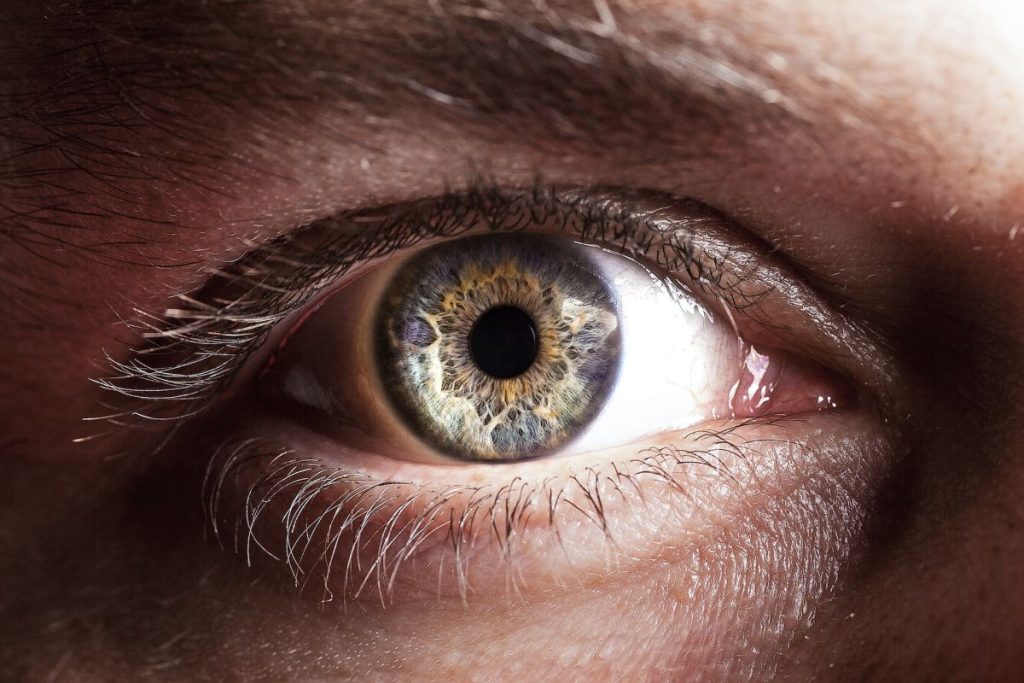Marcus Gunn pupil, also known as the afferent pupillary defect, is a condition that affects the way the pupils of the eyes respond to light. It is a rare condition that is usually discovered during a routine eye examination. Marcus Gunn pupil is named after the Scottish ophthalmologist, Robert Marcus Gunn, who first described the condition in 1886.
The condition is caused by a problem in the optic nerve, which is responsible for transmitting visual information from the eye to the brain. When the optic nerve is damaged, it can affect the way the pupil reacts to light. In a person with Marcus Gunn pupil, the pupil will dilate (get bigger) instead of constricting (getting smaller) when a bright light is shone in one eye. This is because the brain receives a weaker signal from the affected eye, leading to a slower or weaker constriction of the pupil.
Symptoms of Marcus Gunn pupil can vary depending on the severity of the condition. In most cases, people with Marcus Gunn pupil do not experience any vision problems or other symptoms. However, in rare cases, the condition can be a sign of a more serious underlying condition such as a tumor or multiple sclerosis.
Diagnosing Marcus Gunn pupil typically involves a thorough eye examination by an eye doctor. The pupil response to light is measured using a special instrument called a pupillometer. The doctor may also perform other tests to determine the cause of the condition, such as an MRI or CT scan to check for optic nerve damage or other abnormalities.
Treatment for Marcus Gunn pupil depends on the underlying cause of the condition. In cases where there is no underlying cause, treatment is not usually necessary. However, if the condition is caused by an underlying condition, such as a tumor or multiple sclerosis, treatment will be focused on treating the underlying condition.
Preventing Marcus Gunn pupil is not possible, as it is usually caused by an underlying condition. However, regular eye exams can help to detect the condition early and prevent any vision problems or other complications.
In conclusion, Marcus Gunn pupil is a rare condition that affects the way the pupils of the eyes respond to light. It is usually caused by damage to the optic nerve and can be a sign of an underlying condition such as a tumor or multiple sclerosis. Anyone experiencing symptoms of Marcus Gunn pupil should seek prompt medical attention to determine the underlying cause and receive appropriate treatment. Regular eye exams can help to detect the condition early and prevent any vision problems or other complications.
At The Eye Center- Dr. Mahnaz Naveed Shah & Associates our team of eight ophthalmology subspecialists/ eye specialists, eye surgeons who are considered amongst the very best eye specialists in Karachi and in Pakistan, have the diagnostic and treatment capabilities to treat from the simplest to the most complex patients. We work hard to provide our patients with the best possible medical and surgical eye care, in a state of the art purpose built eye care facility. We offer the entire array of medical, laser and surgical treatments to help provide patients the best possible care in the most efficient, safe and ethical manner.
If you need an appointment, please contact us at 03041119544 during our working hours or leave us a WhatsApp message at +923028291799 and someone will connect with you. Walk-in appointments are also available for emergencies. We can also be reached through our web portal on www.surgicaleyecenter.org


